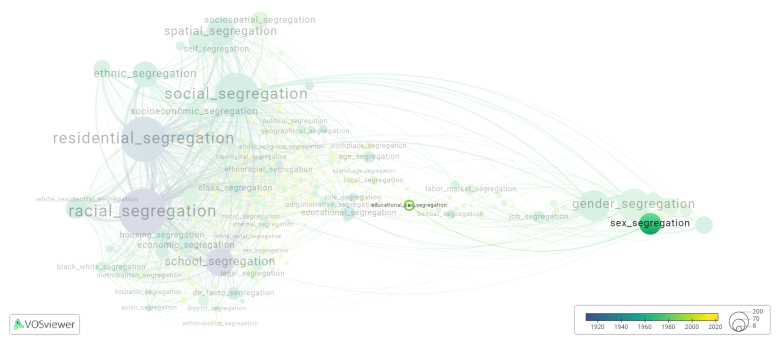Educational sex segregation
Date and country of first publication[1]
1997
Australia
Definition
Educational sex segregation refers to the separation of students based on their biological sex for educational purposes. This practice can be seen in various forms, such as single-sex schools, classrooms, or courses. Proponents argue that sex segregation can provide a more tailored education experience, address gender-specific learning styles and needs, and reduce distraction or competition among students. However, opponents argue that sex segregation can perpetuate gender stereotypes, limit opportunities for social interaction and collaboration, and reinforce inequality between genders. The approach to sex segregation in education varies across different countries and educational institutions, with some supporting it and others discouraging or banning it.
See also
Related segregation forms
Educational sex segregation is frequently discussed in the literature with the following segregation forms:
This visualization is based on the study The Multidisciplinary Landscape of Segregation Research.
For the complete network of interrelated segregation forms, please refer to:
References
Notes
- ↑ Date and country of first publication as informed by the Scopus database (December 2023).
Educational sex segregation appears in the following literature
Cole M. (1997). Gender and power: Sex segregation in American and polish higher education as a case study. Sociological Forum, 12(2), 205-232. Kluwer Academic/Plenum Publishers.https://doi.org/10.1023/A:1024697832291
Cole M. (1999). Sex segregation in American and polish higher education: The influence of class structure, politics, and the economy. International Journal of Comparative Sociology, 40(3), 351-374. Brill Academic Publishers.https://doi.org/10.1177/002071529904000303

